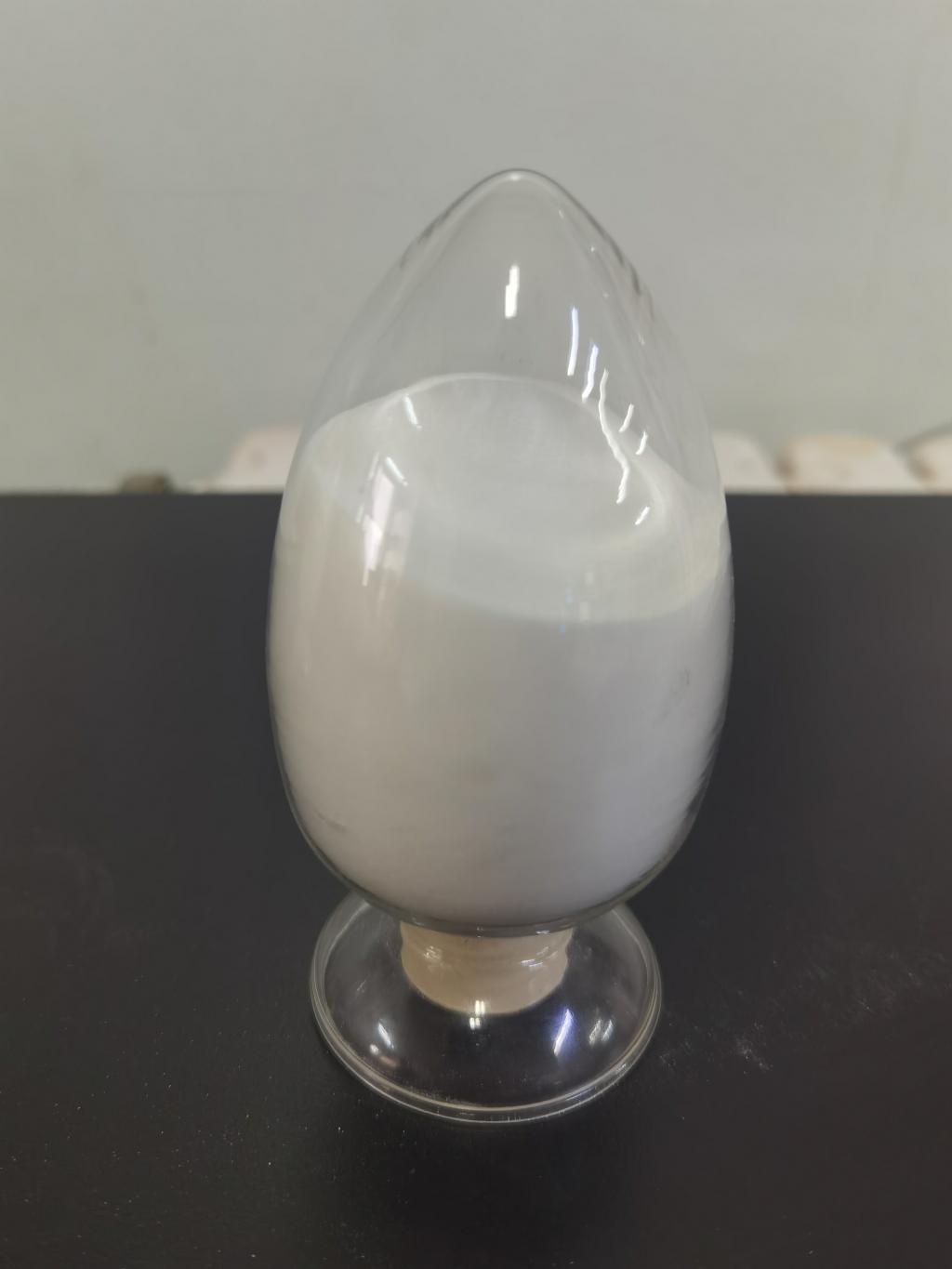Tel:0086 18231198596

News
Current Position:
Home >
News
>Biocompatibility Assessment of ε-Polylysine Hydrochloride for Medical Devices.
Biocompatibility Assessment of ε-Polylysine Hydrochloride for Medical Devices.
TIME:2024-05-28
Understanding ε-Polylysine Hydrochloride
ε-Polylysine hydrochloride is a cationic polypeptide composed of multiple lysine residues linked by peptide bonds. It is produced by certain bacteria and exhibits broad-spectrum antimicrobial activity. In addition to its antimicrobial properties, ε-Polylysine hydrochloride possesses biocompatibility, biodegradability, and low cytotoxicity, making it an attractive candidate for biomedical applications.
Biocompatibility Assessment
Cytotoxicity Studies: In vitro cytotoxicity assays are conducted to evaluate the effects of ε-Polylysine hydrochloride on cell viability and proliferation. These studies assess the potential of ε-Polylysine hydrochloride to induce cell death or inhibit cellular functions, providing insights into its safety profile.
Hemocompatibility Testing: Hemocompatibility assessments evaluate the interaction of ε-Polylysine hydrochloride with blood components, such as red blood cells, platelets, and plasma proteins. These studies determine the risk of adverse effects, such as hemolysis, thrombosis, or inflammatory responses, upon contact with blood.
Biological Response Evaluation: Animal studies, such as implantation or tissue reaction tests, assess the biological response to ε-Polylysine hydrochloride-containing medical devices in vivo. These studies investigate tissue compatibility, inflammatory reactions, and wound healing processes following device implantation or application.
Applications in Medical Devices
Coatings and Surface Modifications: ε-Polylysine hydrochloride can be incorporated into coatings or surface modifications applied to medical devices to impart antimicrobial properties and prevent biofilm formation. Biocompatibility assessments ensure that these coatings are well tolerated by surrounding tissues and do not cause adverse reactions.
Implantable Devices: ε-Polylysine hydrochloride-containing materials can be used in the fabrication of implantable medical devices, such as orthopedic implants, cardiovascular stents, and tissue scaffolds. Biocompatibility testing confirms the safety and compatibility of these devices with host tissues and biological systems.
Drug Delivery Systems: ε-Polylysine hydrochloride-based drug delivery systems, such as nanoparticles or hydrogels, are evaluated for biocompatibility to ensure their suitability for targeted drug delivery applications. These systems enable controlled release of therapeutic agents while minimizing systemic toxicity.
Regulatory Considerations
The biocompatibility of medical devices containing ε-Polylysine hydrochloride is subject to regulatory oversight by agencies such as the FDA and EMA. Compliance with regulatory requirements, including ISO 10993 standards for biological evaluation of medical devices, is essential for obtaining regulatory approval and ensuring patient safety.
Future Directions
Continued research into the biocompatibility of ε-Polylysine hydrochloride and its applications in medical devices will advance the field of biomaterials and biomedical engineering. Collaboration between researchers, clinicians, and regulatory agencies is essential for establishing standardized protocols and guidelines for the evaluation and use of ε-Polylysine hydrochloride in medical devices.
Conclusion
The biocompatibility of ε-Polylysine hydrochloride is a crucial consideration in its application for medical devices. Comprehensive biocompatibility assessments provide valuable insights into its safety profile and compatibility with biological systems, ensuring the development of safe and effective medical devices for clinical use. By leveraging the biocompatible properties of ε-Polylysine hydrochloride, researchers and clinicians can innovate new medical devices that improve patient outcomes and advance healthcare.

 CONTACT
CONTACT




